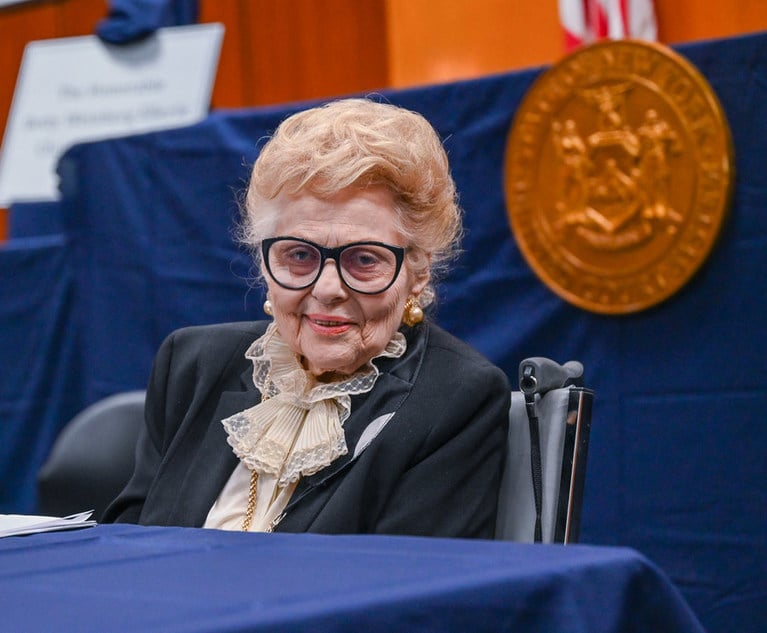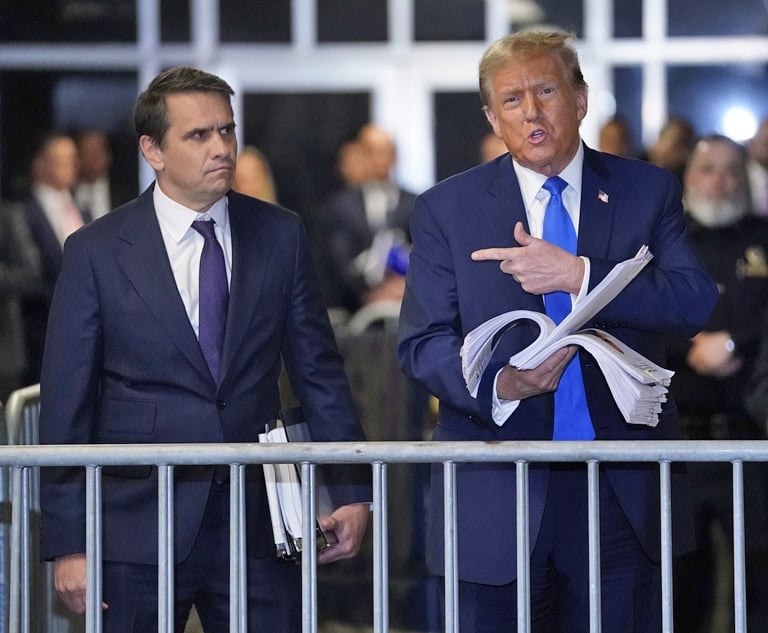New York’s attorney-client privilege as codified at CPLR §4503(a) protects against disclosure of a “confidential communication made between the attorney or his or her employee and the client in the course of professional employment.” The New York courts, in construing this statutory language, have identified the essential elements for invoking it to be (1) a communication (2) made between privileged persons (3) in confidence (4) for the purpose of obtaining or providing legal assistance for the client. See Martin and Capra, New York Evidence Handbook (3d ed.) §§5.21-5.2.4. Due to the importance of the privilege, keeping abreast of judicial decisions construing these elements, waiver rules and exceptions is a must for New York attorneys. Last year there were several notable privilege decisions discussing these elements which prompts this column.
Communication
The privilege applies only to a “communication” with an attorney. See Spectrum Sys. Intl. v Chemical Bank, 78 N.Y.2d 371, 377 (1991). A communication for purposes of the privilege includes essentially any mode of expression undertaken to convey information. In HK Capital v. Rise Dev. Partners, 74 Misc.3d 1201(A) (Sup. Ct. Kings Co. 2022), Supreme Court Judge Leon Ruchelsman in an instructive opinion notes that this definition under well-established New York law does not encompass certain types of transmitted information.


 Credit: Shutterstock
Credit: Shutterstock




